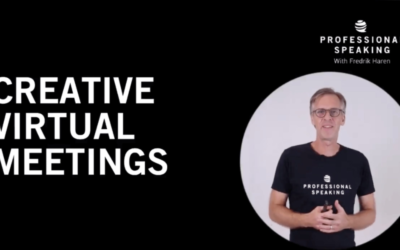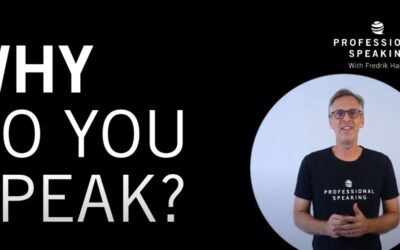
Today I did not follow the brief that client had given me. The purpose of this post is to explain why sometimes that is the right thing to do.
The conference I spoke at today was a conference for top Assets Managers from Swizerland. The conference organisers had picket a hotel in Riffelalp, 2222 meter above sea-level and with a wonderful view of the Matterhorn, as their venue. It was stunning.
I got this booking because one of the organisers heard me speak at another conference in Singapore a few months ago.
In the briefing call he told me to “Do the exact same speech as I heard in Singapore, it was perfect.”
(That is not an uncommon brief. A client has heard something, loved it, and now want more people to hear the same message.)
So I prepared the same speech, but then today I attended the conference and heard the other speakers and realised that the focus on the conference was much more focused on China than I had originally understood. (I was a dinner speaker, and many speakers would perhaps have chosen to arrive at say 5 PM to be ready for the dinner at 7, but I arrived at 8 AM to attend the whole conference. Not because I am especially interested in Swiss asset management (even if it turned out to be a very interesting conference), but specifically so that I could pick up more about the conference and the delegates during the day.)
At the end of the day I realised that I had another speech that would fit much better for the dinner than the one that the client had heard me deliver. The client of course did not know about that speech, so when he said “Do the exact same speech as I heard in Singapore, it was perfect.” it was the logical thing for him to say.
But I (!) knew I had an even better speech for the group.
So I deleted my original powerpoint and put together a new one based on the new information that I had gathered during the day.
I of course checked with the client between the end of the conference and the beginning of the dinner to make sure that this new angle that I had selected was something that he would approve of. It was.
After the speech he came up to me and expressed in an excited voice: “This speech was perfect!”
It turns out that the speech the client thad thought was “perfect” could actually be beaten by an “even more perfect” speech.
So do not be afraid to throw the brief into the trash if it turns out that you can deliver an even better speech than the original brief asked you to deliver.




